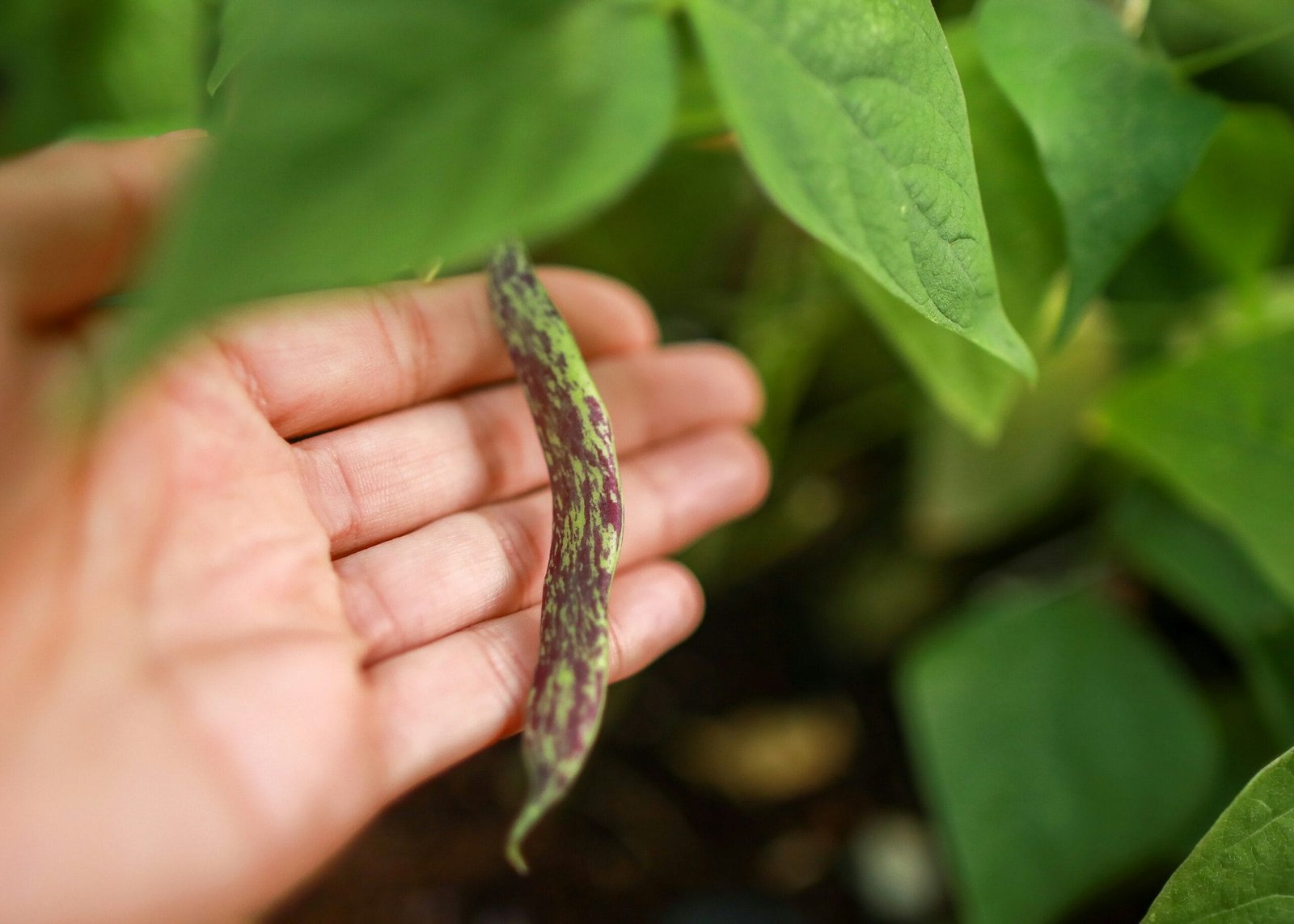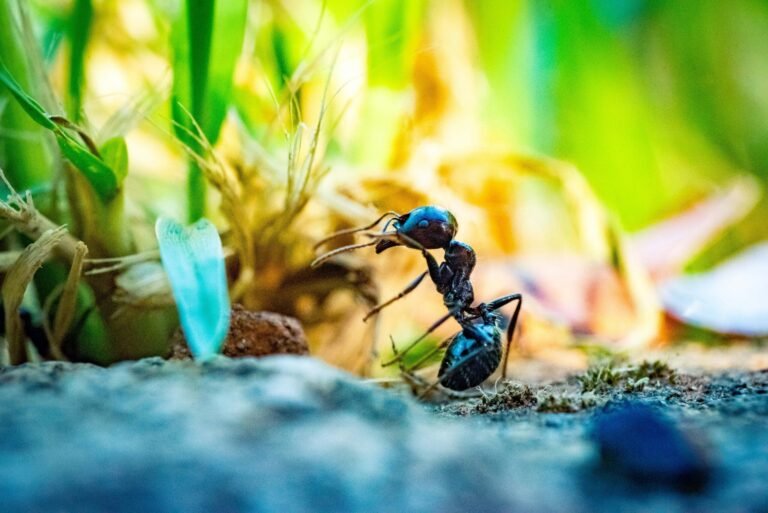The Ultimate Guide to Organic Gardening: Grow Your Own Healthy Garden
Discover the essentials of organic gardening with our comprehensive guide. Learn about sustainable practices, choosing the right plants, soil preparation, and effective pest control methods.
Organic Gardening
Organic gardening uses natural methods to grow plants and keep the soil healthy. It avoids synthetic fertilizers and pesticides. This approach makes food nutritious and sustainable, appealing to many gardeners.
Sustainability is key in organic gardening. It uses natural resources and processes to reduce environmental impact. Practices like crop rotation and composting improve soil without artificial additives.
Organic gardening also means no synthetic chemicals. This protects the environment and human health. Natural pest control methods, like neem oil, are safer for beneficial insects and soil.
Organic gardening promotes biodiversity. It attracts beneficial organisms and improves plant health. This holistic approach supports the environment and promotes biodiversity.
Choosing the Right Location for Your Organic Garden
Finding the perfect spot for your organic garden is essential. The right location affects plant health and productivity. Consider sunlight, drainage, and water access when choosing a spot.
Sunlight is critical for plant growth. Most plants need at least six to eight hours of direct sunlight. Choose a spot that gets plenty of sunlight, avoiding shaded areas.
Drainage is also important. It prevents water buildup, which can harm plants. Look for areas that drain well to avoid waterlogged soil.
Accessibility to water is key. A garden near a water source makes watering easier. This encourages regular care and maintenance.
In summary, the right location for your organic garden needs sunlight, good drainage, and water access. By considering these factors, you can create a thriving garden.
Preparing Your Soil for Organic Gardening
Healthy soil is key for a successful organic garden. The quality of your soil affects how well your plants grow. Before you start gardening, it’s important to test your soil.
Soil testing shows the nutrient levels, pH, and fertility of your soil. You can use DIY kits or get a professional analysis. Knowing your soil’s makeup helps you improve it for organic gardening.
Adding organic matter like compost is vital. It improves soil structure, adds nutrients, and supports beneficial microbes. A 2-4 inch layer of organic matter each year can greatly improve your soil.
Good tillage and soil management are also important. Minimizing soil disturbance helps keep the soil healthy and prevents erosion. When you do till, do it gently to avoid damaging the soil.
Crop rotation and cover cropping also help. They add nutrients and prevent pests and diseases. By preparing your soil well, you set the stage for a thriving organic garden.
Selecting the Right Plants for Your Organic Garden
Choosing the right plants is essential for a successful organic garden. Start with native plants that thrive in your area. They adapt well to local conditions and need less chemical treatment.
Heirloom varieties are also important. They have unique flavors and are resilient. Unlike hybrids, heirlooms preserve agricultural heritage and taste better.
Crop rotation and companion planting are also key. They help plants grow better and reduce pests. Companion plants can deter pests and attract beneficial insects.
By choosing native and heirloom plants and using crop rotation and companion planting, you can create a sustainable garden. These practices lead to a bountiful harvest and a healthy ecosystem.
Organic Pest Control Methods
Organic pest control needs a careful approach. Use physical barriers like row covers or copper tape to keep pests away. This method protects plants without harming beneficial organisms.
Integrating beneficial insects is another effective strategy. Ladybugs and lacewings eat pests like aphids. Planting diverse flowers and herbs attracts these beneficial insects.
Homemade sprays from natural ingredients are also useful. Mixtures of water, soap, and oil can kill soft-bodied pests. Garlic or hot pepper sprays deter pests. Always test these sprays first to ensure they won’t harm your plants.
Managing pests is key in gardening. Regular checks on plants can catch infestations early. Healthy soil from composting and crop rotation makes plants strong against pests. These methods help gardens thrive and support local wildlife.
Watering Techniques for an Organic Garden
Watering right is essential for a healthy garden. Deep watering helps roots grow deep, making plants drought-resistant. Shallow watering can leave roots dry and weak.
Watering less but more deeply is better. It lets plants reach moisture and nutrients deeper in the soil. This keeps plants healthy and strong.
Mulching is another great technique. It stops water from evaporating and keeps the soil moist. Mulch also stops weeds from growing, saving water and nutrients. Over time, it makes the soil better at holding water.
Collecting rainwater is good for the garden. It saves water and gives plants natural, clean water. Using rain barrels and gutters makes watering easy and cuts down on bills and pollution. These methods make gardens healthy and sustainable.
Organic Fertilizers and Soil Amendments
Soil health is vital in organic gardening. Organic fertilizers and amendments help plants grow. They make the soil better and support life in the soil.
Compost is a key part of organic gardening. It’s made from kitchen scraps and yard waste. It makes the soil fertile, holds water, and supports good microbes.
Vermicompost is another great choice. It’s made by worms eating organic waste. It’s very rich in nutrients and microbes. A thin layer around plants boosts growth.
Natural minerals like rock phosphate and gypsum are also important. They add nutrients like phosphorus and calcium. Soil tests help choose the right minerals. They make plants healthy and improve soil.
In summary, using compost, vermicompost, and minerals makes soil and plants better. These practices help gardens grow strong and sustainably.
Maintaining Your Organic Garden
Keeping an organic garden healthy needs regular care. Activities like weeding, pruning, and checking plant health are key. Weeds take away from your plants’ needs, so removing them helps a lot.
Mulching helps stop weeds and makes the soil better as it breaks down. It’s a smart way to care for your garden.
Pruning is very important, mainly for plants that give fruit and bushes. It lets air move better, fights off diseases, and helps plants grow well. Use sharp tools and prune at the right time for each plant.
Watching your plants for pests or diseases is also important. Using natural ways to fight pests keeps your garden safe. Checking the soil’s moisture helps plants get the right amount of water.
Being careful and active in your garden makes it thrive. Keeping a gardening journal helps you see how things change. Spending time on these tasks makes your garden healthy and gives you lots of food.
Case Study: A Successful Organic Garden
In Austin, Texas, a project called the Green Thumb Initiative turned a neglected lot into a garden. It started in 2018 and aimed to improve the area and teach people about gardening. The team faced challenges like bad soil and not everyone was excited about it at first.
To solve these problems, they tested the soil and made it safe for plants. They also used compost and special garden designs. This helped plants grow well and made the garden look good.
The project did more than just grow food. It taught people about gardening and living green. It brought the community together and made the area better for animals and plants too.
For more on community gardens, check out the American Community Gardening Association. This story shows how gardening can change a place and bring people together.
Frequently Asked Questions About Organic Gardening
Many people want to know about organic gardening. One big question is how much it costs to start. Starting an organic garden can be affordable. Making your own compost saves money and helps the environment.
Beginners often ask about the best ways to start. Learning about soil is key. Adding compost or mulch makes the soil better and keeps it moist. Picking plants that grow well in your area also helps.
There are many myths about organic gardening. Some think it doesn’t produce as much food. But studies show organic gardens can be just as good, if not better. Organic food also tastes better and is healthier.
Dealing with pests can be tough for organic gardeners. It’s key to use natural pest control methods to keep the garden organic. Ways like introducing beneficial insects, using trap crops, and organic pesticides from natural sources can control pests well.
This approach doesn’t harm the environment or the garden’s ecosystem. Knowing these methods can help gardeners start their organic gardening journey with confidence.
Dr. Maheen Khan is a Ph.D. holder in Psychology and an award-winning researcher with 15+ years of expertise in AI, health, finance, sustainability, and digital marketing. She blends in-depth research with real-world insights to deliver authoritative, engaging content.






